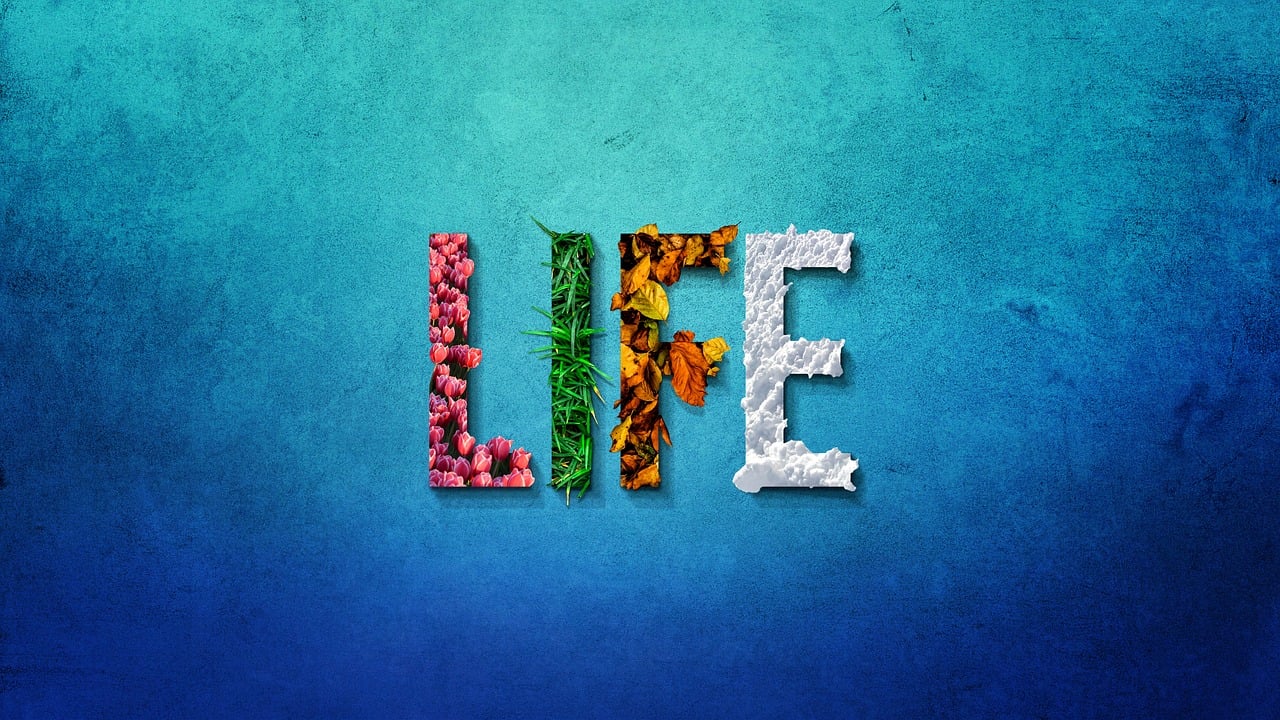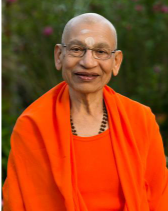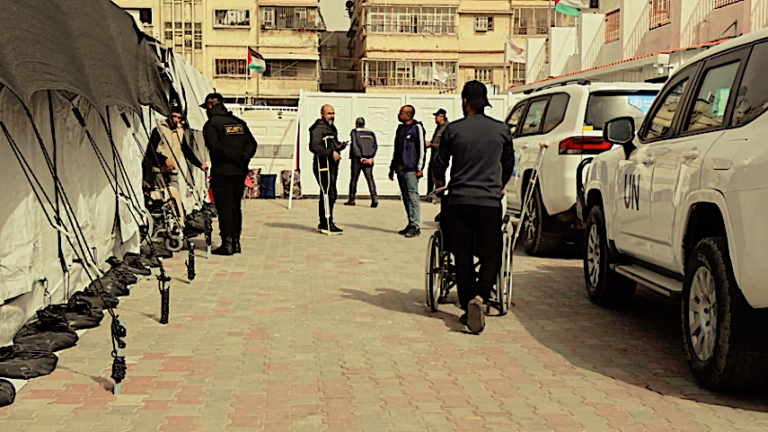
Spiritual Discourses: Vedanta is not totally insensitive to life as it is
By Swami Viditatmananda Saraswati*
Vedanta is not totally insensitive to life as it is. There must be viveka, discernment, and a sense of proportion. The difficulty in following dharma arises when we give too much importance to certain things in life. Sometimes, we are willing to sacrifice honesty for money or power. Everything has both a value and a price. What we can do is to raise our price. We may not be able to be totally honest right away, but we can stretch ourselves, stretch the ego, and make it more accommodating. Surrendering the ego implies surrendering our likes and dislikes and the sense of smallness that causes insecurity and selfishness. Usually, whatever we do is motivated by a desire to serve some purpose for ourselves. We always seek ego gratification because we see success and happiness in it. This is a false perception because the ego can never be gratified. It is like a bottomless pit, and it controls stealthily while it hides.
As Lord Krishna says, [Bhagavad Gita, 3-37, 40]:
kama eșha krodha eșha rajogunasamudbhavah,
mahashano mahapapma viddhyenamiha vairiniam.
This desire, this anger, born of the guna rajas is a glutton and a great sinner. Know that to be the enemy here in this world.
indriyani mano buddhirasyadhisthanamuchyate,
etairvimohayatyesah jnanamavtutya dehinam.
Its location is said to be the senses, mind, and intellect. With these, it (kama) deludes the person by covering his or her wisdom.
Also read: Spirituality: Respond to a situation appropriately
The desire for ego gratification is kama. It hides in the sense organs, the mind and the intellect. It provides a rationale at the intellectual level to justify whatever we do, a rationale at the emotional level for whatever emotions we entertain, as well as a justification for whatever we wish to experience at the level of the senses. Avidya or ignorance causes kama or desire, which, in turn, leads to karma or action. Kama pervades our lives. The first product of all false perceptions is that we are limited and needy. We want to become limitless at the level of the ego; but that can never work.
A mullah story is told to illustrate this idea.
A mullah and his friends were once boasting about their exploits in life. Eventually, they laid a wager on which one of them could spend a cold night atop a nearby mountain. The mullah took the challenge and spent the night on the mountain. The next morning, his surprised friends asked him how he was able to do that. He answered that he had stayed up all night reading by candlelight. His friends felt that he had cheated because he had used candlelight to keep himself warm and refused to give him the prize money. The mullah thought up a plan to teach them a lesson. So, the next day, he invited them to his home for dinner. All the friends gathered around the dining table. The mullah went into the kitchen to bring the food out. Time passed by, but the mullah did not emerge with the food. Soon, the friends went into the kitchen to see what was keeping him. There was the mullah, waiting for a huge pot of rice to cook by the small flame of a candle!
Similarly, we cannot become limitless at the level of the ego.
The expectation of the little ego is to become limitless, yet it is not possible. The sooner we recognize this fact, the sooner we will be able to drop our futile attempts to discover satisfaction by meeting its needs. For the few minutes that the ego is satisfied, it drops its demands. Vedanta explains that our happiness arises not because of the fulfilment of desires but because we become free from desiring at that moment. Happiness is nothing but the relief that we experience from the burden of our desires. This is called trishna- kshya, the removal of desire.
Dharma requires us to develop consideration for others
How long can the ego provide satisfaction? Since it has no capacity of its own, it can only create a false belief, an appearance of security and comfort. Its hollowness becomes evident when something else presents itself. The process of gratifying the ego only makes us calculative and selfish. It has to be given up.
Lord Krishna says, [Bhagavad Gita, 3-9]:
yajnanrthatkarmanonyatra lokoyam karmabandhanah,
tadartham karma kaunteya muktasangasamachara.
This person who is enjoined (to do action) is bound by karma other than that performed for the sake of yajna, (i.e., other than the action performed as an offering to Ishvara). For that reason, O Kaunteya, remaining free from attachment, perform action for the sake of that yajna.
Any action motivated by selfishness or insecurity is binding; it can only make one more selfish and insecure. This sense of selfishness, self-centeredness, and narrow-mindedness must be given up. If you know your true nature as being limitless, there will be no selfishness. You are a recipient of what the world has to offer. In whatever you do, therefore, there must be consideration for the needs of the whole world. Your life is possible only because of what the other members of the society provide. Assign them their share first and then partake of the remainder. When you serve only your own interests, you tend to be insensitive to other people’s needs and hurt them. A lot of pain is inflicted because of your preoccupation with your own security. Performing action out of self-interest will surely tie you permanently to the cycle of birth and death; no such desire can ever be entirely fulfilled. Lord Krishna says that if you leave this body with an unfulfilled desire, you will be born again for its fulfilment. The only way to overcome this is to gradually include others in your life. This is called yajna. In this process, you will be able to let go of your dependence on material things for comfort and security.
Material things do have value and they are required to an extent to nourish the ego. They give us a sense of self-esteem and self-respect. Yet if power and wealth are equated to security and success, they are being assigned too much value. There is no need to declare that the world is not necessary. But to say that we cannot do without material things is also incorrect. Attributing too much value to anything creates attachment; it soon becomes overly important to us. However, detachment does not mean that we do not need anything. There is a relationship of interdependence in the world. It is required for survival. A recognition and acceptance of this is necessary. We must prioritize things according to what we consider important in our lives.
*Swami Viditatmananda Saraswati has been teaching Vedānta Prasthānatrayī and Prakaraṇagranthas for the last 40 years in Ahmedabad, Gujarat. Throughout the year, he conducts daily Vedānta discourses, accompanied by retreats, and Jñāna Yajñas on Vedānta in different cities in India and foreign countries.






